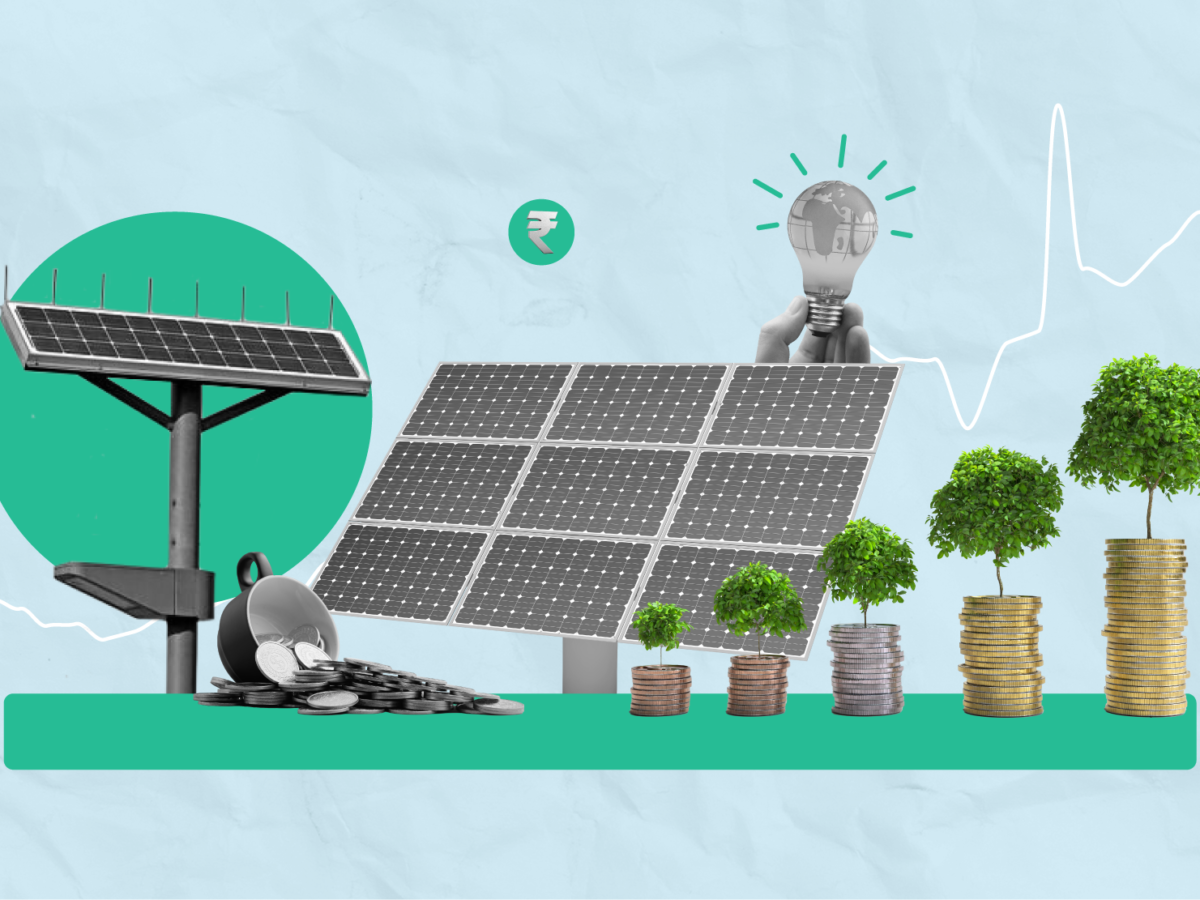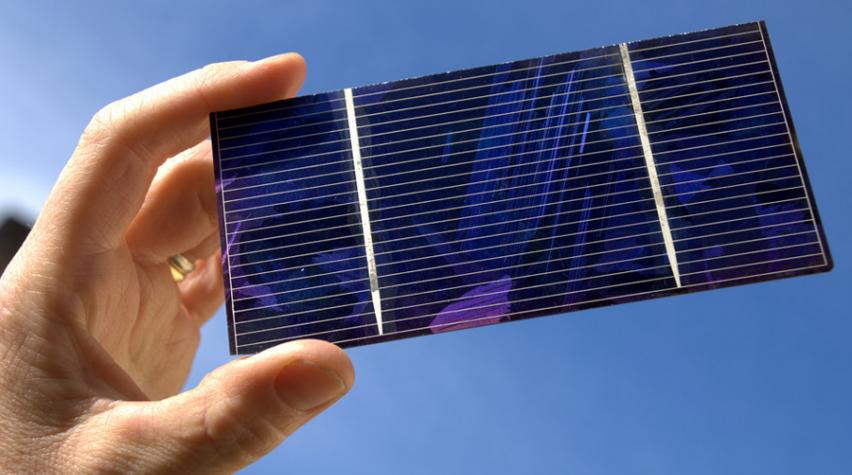
Introduction
The topic of solar investment holds immense importance in today’s context. Solar investment refers to the decision-making process individuals go through when considering whether to invest in solar energy systems. This article aims to explore the behavioral economics perspective of solar investment, shedding light on the psychological factors that influence decision-making in this domain.
Historical Background
Solar investment has come a long way over the years. The history of solar investment can be traced back to the early 19th century when the first photovoltaic effect was discovered. Since then, solar energy technology has evolved significantly, with advancements in solar panels and energy storage systems.
Significant events and milestones have shaped the field of solar investment. The introduction of government subsidies and incentives, such as tax credits and feed-in tariffs, have played a crucial role in promoting solar investment. Additionally, the global push for renewable energy and the need to combat climate change have further propelled the growth of solar investments.
Key Concepts and Definitions
Behavioral economics, which combines psychology and economics, offers valuable insights into the psychology of solar investment. It studies how individuals’ cognitive biases and decision-making processes affect their economic choices. When applied to solar investment, behavioral economics helps us understand the factors that influence investment decisions and behaviors.
To delve deeper into the psychology of solar investment, it is essential to define key terms. Loss aversion, a cognitive bias, refers to the tendency of individuals to strongly prefer avoiding losses over acquiring gains. In the context of solar investment, loss aversion influences risk perception and may deter individuals from investing in solar energy due to perceived risks.
Another important concept is status quo bias, which refers to the tendency of individuals to prefer the existing state of affairs over change. In the context of solar investment, status quo bias may prevent individuals from switching to solar energy, even if it may be economically and environmentally beneficial.

Main Discussion Points
The influence of cognitive biases on solar investment decisions.
Cognitive biases significantly impact solar investment decisions. Loss aversion, for instance, leads individuals to perceive the risk associated with solar investment as greater than the potential gains. This biased perception hinders the adoption of solar energy systems. To overcome this, policymakers and stakeholders need to emphasize the benefits and long-term savings associated with solar investments.
Similarly, status quo bias plays a role in preventing individuals from switching to solar energy. People often prefer to stick with their current energy sources rather than embracing a new and unfamiliar technology. Overcoming this bias requires targeted communication and education campaigns to highlight the advantages of solar energy and dispel misconceptions.
Psychological factors affecting solar investment behavior.
Psychological factors, such as social norms and peer influence, play a significant role in shaping solar investment decisions. Individuals are more likely to invest in solar energy if they observe others in their social circle doing the same. By leveraging social norms and peer influence, policymakers can encourage a cascading effect that leads to increased solar investment adoption.
Perceived financial benefits and incentives also influence investment choices. Individuals are more likely to invest in solar energy systems if they perceive financial gains, such as reduced utility bills and long-term savings. Promoting and highlighting these benefits can motivate individuals to embrace solar investment.
Psychological barriers to solar investment adoption.
Information asymmetry poses a psychological barrier to solar investment adoption. Individuals may lack the necessary knowledge and understanding of solar energy systems, leading to decision-making based on incomplete or inaccurate information. Addressing this barrier requires accessible and easily understandable information about solar investment, enabling individuals to make informed decisions.
Moreover, upfront costs and long-term payback periods act as psychological barriers to solar investment. Despite the potential long-term financial benefits, individuals may be deterred by the initial investment required. The challenge lies in demonstrating the long-term cost-effectiveness of solar energy and addressing individuals’ concerns about return on investment.

Case Studies or Examples
Real-world case studies provide valuable insights into the psychology of solar investment. By examining successful examples, we can understand the factors that influence investment behavior. Case studies may include individuals or communities who have successfully adopted solar energy systems and the psychological factors that motivated their decision-making.
Additionally, behavioral interventions have been effective in encouraging solar investment. For example, providing personalized energy usage reports and comparing them with neighbors’ consumption can promote energy-saving behaviors and increase interest in solar energy. Case studies highlighting such interventions can serve as models for future initiatives.
Current Trends or Developments
Recent research findings shed light on the psychology of solar investment. Studies have revealed that framing solar investment decisions in terms of gains rather than losses can positively influence individuals’ risk perception. This finding underscores the importance of effective communication strategies to promote solar investment.
Behavioral economics and its application to solar investment continue to evolve. Current trends focus on understanding the role of emotions, social networks, and behavioral nudges in shaping investment behavior. By staying abreast of these developments, policymakers and stakeholders can refine their strategies to encourage greater solar investment.
Challenges or Controversies
Studying and implementing behavioral economics principles in solar investment face several challenges. One challenge is the complexity of human decision-making processes, which differ among individuals. Designing interventions that account for individual variations and preferences is crucial for their effectiveness.
Controversies exist regarding the effectiveness of behavioral interventions in promoting solar investment. Critics argue that relying solely on behavioral nudges may not lead to long-lasting behavioral change. They contend that a comprehensive approach, encompassing policy changes and market incentives, is necessary to drive substantial solar investment adoption.

Future Outlook
Understanding the psychology of solar investment has significant implications for the future. It enables policymakers and stakeholders to develop targeted interventions that address the psychological barriers hindering adoption. By leveraging behavioral economics, we can create a supportive environment that encourages individuals to embrace solar energy and contribute to a sustainable future.
The future of research in this field lies in exploring new directions and intervention strategies. Further research can delve into the role of emotions, cognitive biases, and cultural factors in solar investment decisions. Additionally, investigating the effectiveness of various behavioral interventions and refining them based on empirical evidence is essential for future success.
Conclusion
The psychology of solar investment, from a behavioral economics perspective, offers valuable insights into the factors that influence decision-making in this domain. Cognitive biases, psychological factors, and barriers significantly shape solar investment behavior. By understanding these aspects and leveraging behavioral interventions, we can promote greater solar investment adoption and contribute to a sustainable energy future.




